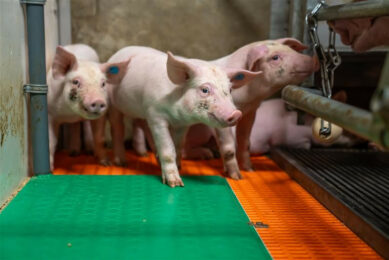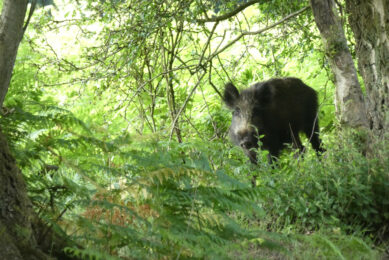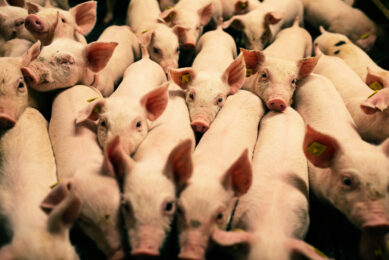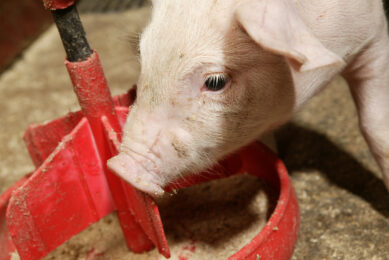Long-term effects of colostrum on piglets
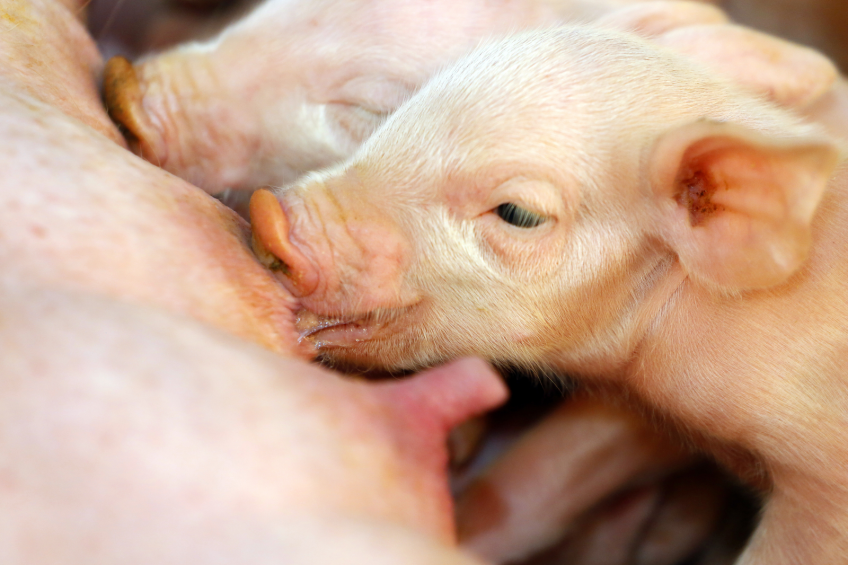
Proper colostrum intake in the early days of lactation has effects on pigs until later in life that are hard to overestimate. Short-term and long-term performance as well as mortality are influenced, Belgian researchers found.
The researchers, associated with the Ghent University, Belgium, published their findings recently in the Journal of Animal Science.
Long-term effects of colostrum
The scientists write how their study investigated the long-term effects of colostrum intake on performance and mortality in pigs. A total of 1,455 live-born piglets in 10 commercial herds were followed from birth until 22 weeks of age. Pigs were individually weighed at birth, at weaning, at onset (intermediate weight), and during the finishing period (finishing weight). Colostrum intake was calculated too.
The researchers fitted one linear mixed model to model the possible associations between colostrum intake and weight at the weaning, intermediate, and finishing periods. In addition to colostrum intake as the main predictor of interest, the scientists also tested other predictor variables, being birth weight, birth order, sex, breed and the interval between birth and first suckling.
Colostrum intake and birth weight
The scientists write: “Colostrum intake and birth weight were positively associated with weaning, intermediate, and finishing weights. Furthermore, higher colostrum intake is more beneficial to weaning, intermediate, and finishing weights in piglets with low versus high birth weights.
“Birth order was positively associated with weight at each measurement time. Sex affected only finishing weight. Some breeds differed in piglets’ weight at onset or during the fattening period.”
Differences per pig breed
The association between the interval between birth and first suckling and weaning weight differed by breed, the researchers write. They performed three generalised linear mixed models to model the probability of dying during the suckling, the nursery, or the finishing period.
The scientists tested colostrum intake, birth weight, birth order, sex, breed and the interval between birth and first suckling. They found that pre-weaning mortality was negatively associated with colostrum intake and birth weight and positively associated with the interval between birth and first suckling.
Mortality in nursery and colostrum intake
The researchers found that mortality during the nursery period was negatively associated with colostrum intake and birth weight. The negative association between colostrum intake and mortality during the suckling and the nursery periods was more pronounced in small versus heavy piglets, they stated. Mortality during fattening was associated with weaning and intermediate weight.
The researchers concluded, “Colostrum intake significantly influences piglets’ short-term and long-term performance and mortality. As colostrum yield is reported to be independent of litter size, sufficient colostrum intake per piglet is crucial, especially in hyperprolific sows.”
The scientific article was written by I. Declerck, J. Dewulf, S. Sarrazin and D. Maes, all attached to the Faculty of Veterinary Medicine, Ghent University, Belgium



